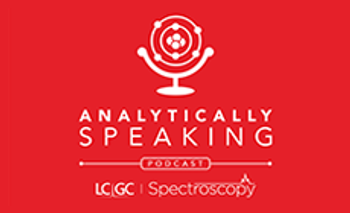
Carolyn Mountford Receives Agilent's Thought Leader Award
Carolyn Mountford, of the University of Newcastle (Australia) has received an Agilent Thought Leader Award in recognition of her innovative work using nuclear magnetic resonance (NMR) spectroscopy technology in cancer research.
Carolyn Mountford, of the University of Newcastle (Australia) has received an Agilent Thought Leader Award in recognition of her innovative work using nuclear magnetic resonance (NMR) spectroscopy technology in cancer research. Mountford is a professor of radiology at the University of Newcastle Australia School of Health Sciences in Australia, and a director of the Center for Clinical Spectroscopy at the Brigham and Women’s Hospital in Boston.
The award will support Mountford and her team at the University of Newcastle in their pioneering research on novel in vivo NMR techniques that may help identify breast cancer in high-risk women. Preliminary data suggest that NMR may detect early changes in breast tissue that reflect rapid tumor growth. Moreover, NMR may be used to analyze primary breast tumors to determine if the cancer cells have spread to the lymph nodes, preventing unnecessary surgery.
“NMR spectroscopy is a highly accurate and precise tool for analyzing human tissue,” Mountford said in a statement. “This technology could help pathologists diagnose breast cancer more quickly and accurately, enable surgeons to make more informed decisions and, ultimately, improve the quality of cancer care for patients.”
The Agilent Thought Leader Award promotes fundamental scientific advances by contributing financial support, products, and expertise to the research of influential thought leaders in life sciences and chemical analysis.
Newsletter
Get essential updates on the latest spectroscopy technologies, regulatory standards, and best practices—subscribe today to Spectroscopy.




